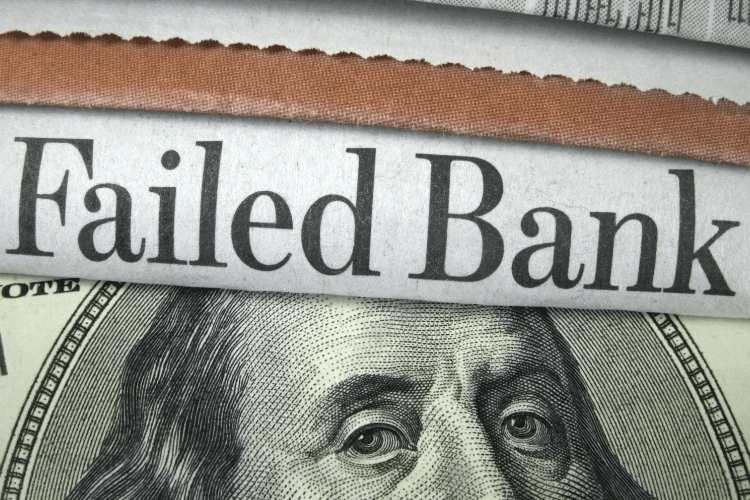What Happens if You Default on a Loan?

There’s no such thing as a free lunch… or a free loan. When you borrow money from a lender, you make a promise to repay the full amount of your loan plus interest. Your lender holds you to this promise, charges late fees if you fall behind, and reports your payment habits to the credit bureaus.
So what happens if you stop making your payments altogether? Your loan goes into default and triggers a range of unpleasant consequences.
What Does Default Mean?
Your loan goes into default when you stop making payments. Depending on the laws in your state and the terms outlined by your lender, default status depends on the number of missed payments or the amount of time that’s passed since a payment. Default may occur after just one missed payment or after the 60 or 90-day mark passes.
Many borrowers default because they can’t afford their loan payments anymore. Job loss, health problems, divorce, and other difficult situations can make repayment nearly impossible, even with a revised budget.
Other borrowers don’t know they owe the money at all. They might not receive late-payment notices after moving or changing contact information.
Consequences of Defaulting on a Loan
If you default on a loan, you’re not alone. More than 1 million people default on their student loans each year, while the default rate for personal loans is 3.63%.
However, being in good company doesn’t protect you from the consequences of defaulting on your loan. These are a few of the most common results:
- Your account is sent to collections
- Your credit score drops due an account falling into default status
- You’re no longer eligible for additional student loan programs and benefits (if your loan was a federal student loan)
- Your creditor seeks a judgment against you to repay the debt via wage garnishment
- Your vehicle is repossessed (if your loan was an auto loan)
The truth is that defaulting on a loan can make it extremely difficult to borrow money or obtain other loans for the foreseeable future. Any negative payment actions linger on your credit score for seven years, having the most damaging impact in the first few years.
If an auto dealer sees a repossession on your credit report, they’re less likely to approve you for a new car. If a mortgage lender sees a foreclosure in your history, you’ll have to wait years and jump through many hoops before qualifying for money to buy a home.
Simply put, just one loan in default can tarnish your credit report and close many doors of financial opportunity in the future.
Tips for Avoiding Default
Even when money is tight, it’s essential to take every measure possible to continue your loan payments in some way, shape or form. And there may be more options than you think.
For example, if you’re falling behind on your federal student loans, you can talk to the loan servicing agent to explore possibilities like forbearance, deferment, or income-based repayment plan to receive lower payments or a pause in payments altogether.
If you’re unable to make your mortgage or auto payments, call your mortgage or loan company to explain your situation. Most lenders have programs in place to address financial difficulties and keep your account in good standing.
You can also consider debt consolidation or refinancing. This type of strategy may decrease your monthly payments by extending the life of your loan. Though you’ll probably pay more in interest in the long run, it’s a much better plan than missing payments.
If you’re already standing on the ledge of a loan default, don’t ignore it. Call your lender or creditor to ask for negotiations, settlements, or special relief programs. It’s much better to face the issue now than to ignore it and get blindsided by a judgment or garnishment in 18 months.
Don’t wait to get out of debt! Read this: A Complete, Step-By-Step Guide to Get Out of Debt.










